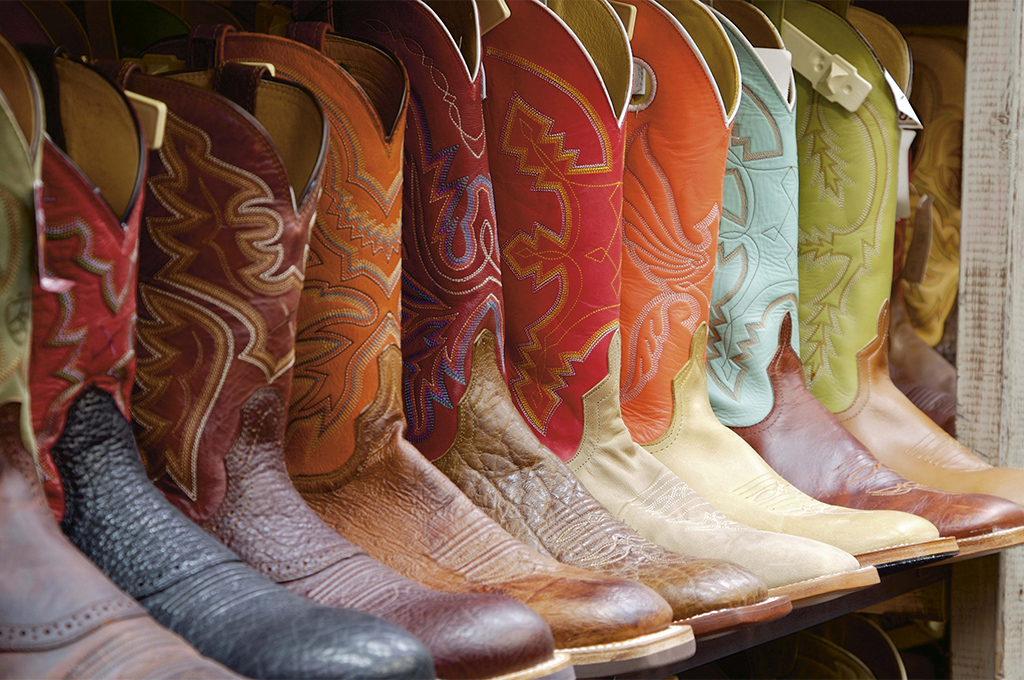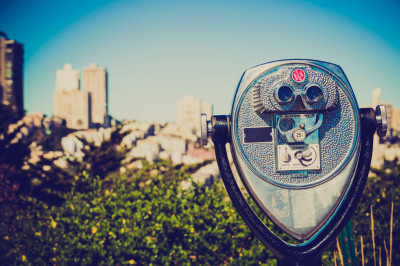Ah, there is nothing like a trip to the mountains or a walk in the woods to refresh the spirit. Nowadays, a trip to one of a growing number of curated, progressive shopping malls just might elicit those same feelings.
This refreshing, new shopping experience can be had at progressive shopping malls, where developers give serious focus to atmosphere, design and mood in an indoor/outdoor setting that invites shoppers to walk around, enjoy the environment and linger, perhaps over a glass of wine or a handcrafted beer. Shoppers might feel as if they have walked into a jungle, a rustic mountain retreat or a quaint village far removed from everyday life!
More and more, urban-dwelling millennials and baby boomers are turning to public settings that cater to their own unique tastes and desires to socialize, rather than the routine of the traditional shopping center.
Like visitors to these progressive centers, you don’t want to just shop. You want to have an experience — to be swept away to another world or perhaps get a feel for a local neighborhood with curated boutiques featuring local artists and restaurants. The stores and restaurants in this experience are placed within a landscaped setting of plants and trees, and feature ample outdoor seating, kids’ activities and occasional live music.
Many progressive malls combine big-box retailers with small and local specialty stores, working to bring in independent brands that reflect the tastes of residents and visitors.
In Costa Mesa, Calif., locals and visitors alike travel to the OC Mix, a home furnishings hub for such big-box furniture stores as Perch and H.D. Buttercup, plus specialty restaurants, coffee shops, bars and local boutiques set amid an inviting courtyard landscaped with native succulents.
Also located in Costa Mesa, the CAMP brings the coziness and casual vibe of a night spent around a campfire, meshing environmental consciousness to the retail experience with a rustic charm that includes natural wood furniture, a pit fire, ample outdoor seating and tables. It opened in 2002 as a green community-driven center that involves local athletes, educators and craftspeople in its activities. The CAMP highlights its uniqueness by focusing on healthy lifestyles, personal styling, international and local dining (including vegan and raw food). It also offers art walks, film screenings and focuses on individual sports (such as hiking, biking and yoga), complete with a backdrop of weekly performances by local musicians.
LAB Holding (from the same creator of the CAMP) set out to change mall culture with the LAB “Anti-Mall” in the early ’90s, emphasizing community connection and appealing to youth culture at an abandoned factory. The center quickly became an outlet to local musicians, artists and students. LAB Holding, founded by Shaheen Sadeghi, prides itself on individuality of purpose, historic preservation and sensitivity to the environment. The company develops its merchandising approach with local businesses and entrepreneurs.
Smart, walkable progressive malls make sense in so many ways. Studies show that people spend more time and money in welcoming, walkable environments. Millennials are especially attracted to soulful, diverse environments that offer social interaction with a distinctive, artisanal feel. Baby boomers appreciate the benefits of environments that are inviting, safe, interesting and fun!
“Walkability” is also a key component to these exceptional destinations that drive value by delighting visitors and encouraging a spirit of community and camaraderie.
Walkability refers to places that have physical attributes that encourage walking, and the benefits are capitalized into higher property values. Researchers have found that a 10-point increase in Walk Score increased property values by 1 to 9 percent. According to Gary Pivo and Jeffrey Fisher’s article on the effects of walkability on property values and investment returns, benefits include “lower cap rates and higher incomes, suggesting it has been favored in both the capital asset and building space markets.”
The International Council of Shopping Centers (ICSC) several years ago defined “lifestyle center” in order to clear up confusion. A lifestyle center, according to ICSC, was differentiated by its role as a “multipurpose leisure-time destination” with restaurants, entertainment and amenities that encourage casual browsing.
The new, progressive lifestyle center delivers far more than entertainment and casual browsing. These carefully curated progressive centers take the traditional model to a much higher level, benefiting shoppers, developers, big-box retailers and independent brands all at the same time.
With so many positives, we will start seeing new sources of alternative funds that are focused on this next iteration of the lifestyle center.
Anjee continues to be an insatiable collector of all things retail. She’s a student of culture living next door to future shoppers, whose fleeting trends constantly change the retail landscape … driving retailers, landlords and developers crazy!

 Anjee Solanki
Anjee Solanki

 Will Mathews
Will Mathews
 Lex Perry
Lex Perry